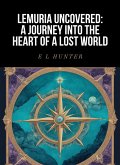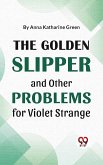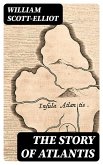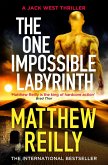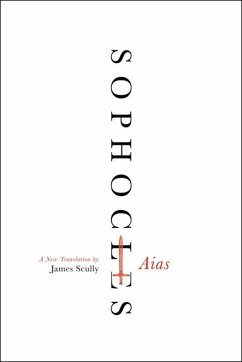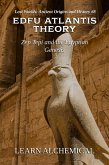In "The Story of Atlantis and the Lost Lemuria," W. Scott-Elliot embarks on an illuminating exploration of two legendary civilizations that have captivated human imagination for centuries. This work intertwines mythology, esoteric philosophy, and early 20th-century spiritualism, reflecting a distinctive literary style that melds imaginative narrative with scholarly inquiry. Scott-Elliot's meticulous examination of geographical, archaeological, and cultural evidence provides a compelling argument that repositions these mythic lands within the broader context of human history and consciousness, rendering both Atlantis and Lemuria not merely fables but integral components of our ancient heritage. W. Scott-Elliot, a prominent figure in the Theosophical Society, was deeply influenced by the spiritualist movements of his time, which sought to reconcile science and spirituality. His background in Theosophy, a belief system that promotes the exploration of hidden truths and ancient wisdom, was likely a critical impetus for his investigation into Atlantis and Lemuria. Scott-Elliot's writings reflect his quest for knowledge and understanding of humanity's spiritual evolution, aligning with the broader intellectual currents of the early 20th century that grappled with the interplay between science and mysticism. This book is a must-read for those fascinated by the interplay of myth, spirituality, and history. Scott-Elliot's rigorous research and imaginative prose invite readers to reconsider what we perceive as lost and to explore the enduring legacies of these legendary civilizations. A captivating journey awaits, encouraging readers to delve into the mysteries of humanity's past.
Dieser Download kann aus rechtlichen Gründen nur mit Rechnungsadresse in A, B, BG, CY, CZ, D, DK, EW, E, FIN, F, GR, H, IRL, I, LT, L, LR, M, NL, PL, P, R, S, SLO, SK ausgeliefert werden.



